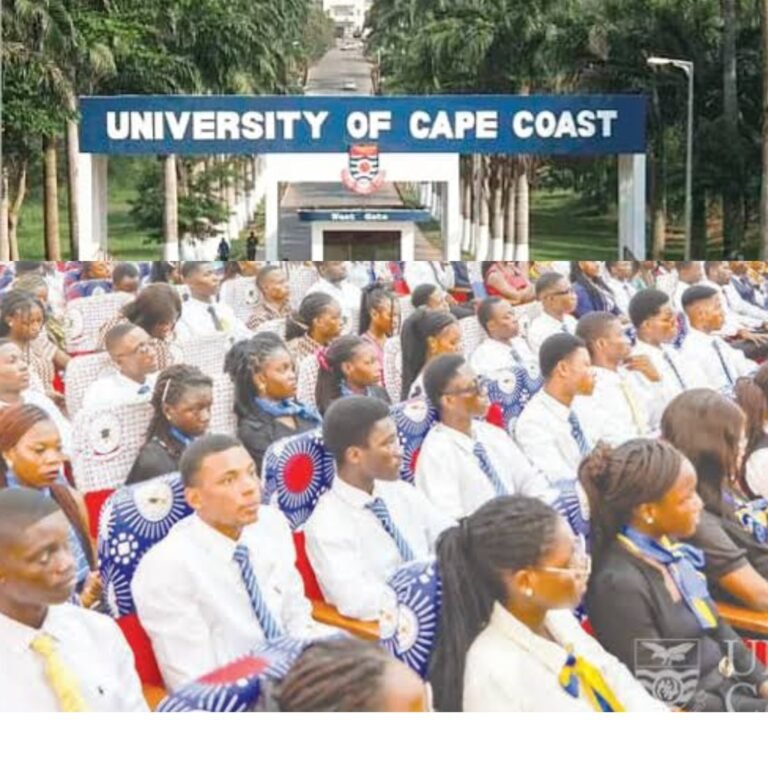
(Left)Tony Blair, former UK Prime Minister and Vice-President Mahamudu Bawumia
Vice-President Mahamudu Bawumia has stated that Ghana is poised to move to the next phase of its digitalisation agenda in a bid to fast-track socio-economic development in improving lives and livelihoods.
The Vice-President said this when he met with a team from the Tony Blair Institute for Global Change (TBI) and Oracle Technologies, led by Tony Blair, former UK Prime Minister.
Dr Bawumia and the team discussed opportunities for leveraging Ghana’s leadership role in digitalisation on the African continent to maximize benefits for citizens, local technology firms and businesses.
“Yesterday, I received at the Jubilee House a team from the Tony Blair Institute for Global Change (TBI) and Oracle Technologies led by Tony Blair, former UK Prime Minister, to discuss opportunities for leveraging Ghana’s leadership role in digitalisation on the African continent to maximise benefits for citizens, local technology firms and businesses,” he said in a statement.
He noted that the country is now set to move on to the next phase of digitalisation with a commitment to build on the current digital platforms and use data analytics and artificial intelligence to provide life-impacting solutions for the benefit of the ordinary Ghanaian.
He added that he remains optimistic that Ghana will not miss out on the fourth industrial revolution, which comes with enormous benefits, assuring that “we are determined that Ghana will not miss out on the fourth industrial revolution.”
Impacts
During his recent ‘State of the Economy Lecture’ at the National TESCON Conference, the Vice- President intimated that government’s successful digitisation drive is not only ensuring efficient delivery of public services, it is also contributing significantly to the fight against corruption in the public sector.
He noted that one of the reasons for embarking on a vigorous digitization drive is to reduce human contact in public service delivery in order to considerably minimise the risk of bribery and corruption in the system.
“Our approach to improving the delivery of public services is to minimize human contact as much as possible. Therefore, we embarked on an aggressive digitalization of the processes of service delivery across many public institutions with coordination from my office,” Dr. Bawumia said.
The digitisation process, Dr. Bawumia noted, had made a significant impact on efficient public service delivery, boosted revenue as well as helped in the fight against corruption in many sectors.
He provided detailed accounts, with figures, to prove how the minimised human contact through digitization had reduced corruption, and significantly boosted government’s revenue mobilization at the DVLA, ports, passport office, motor insurance, among others.





